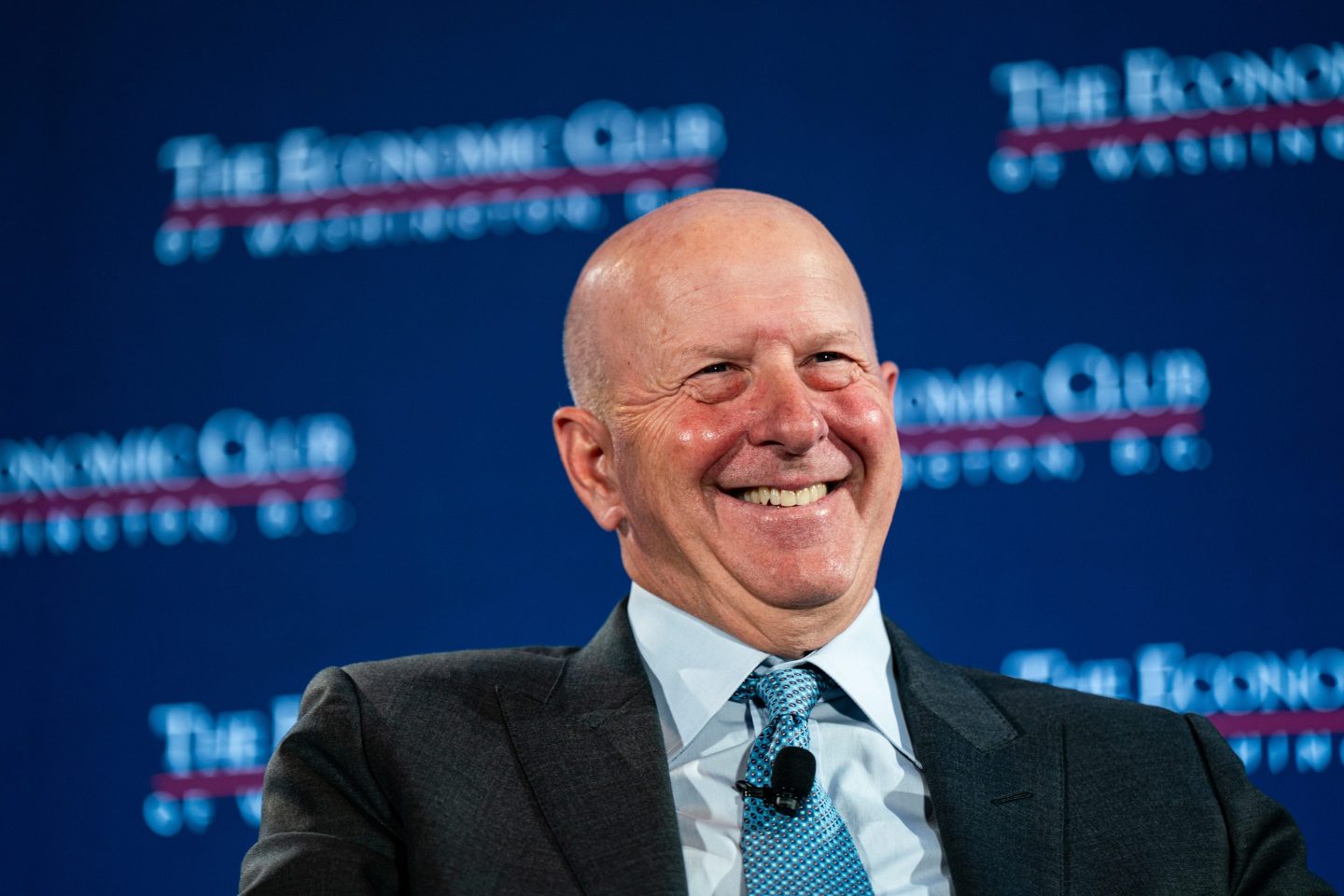- Valerie Chapman, a 25-year-old content creator, leverages AI tutors to make a living by growing her personal brand and consulting others. The tools allowed her to be self-sufficient and her own boss. Mordy Golding, a graphic designer who has worked at Adobe and LinkedIn, says AI is an “intelligent coach” without judgement.
Nvidia CEO Jensen Huang has said that everyone should have an AI tutor in their back pocket, and many have already caught wind of the upsides. One 25-year-old advertising entrepreneur found her calling after getting fired from her job, and is now her own boss with help from the advanced tech.
“Back in October [2023], I was laid off for the second time before 25. And I was like, ‘No way.’ I could not deal with this false idea of job security. I was like, ‘I feel like there’s another way,’” Valerie Chapman, a self-employed content creator and creative agency co-founder, tells Fortune. “I thought, ‘I think I could just go on my own’ and use my sales skills and the incredible information we have with AI to build a self-sustaining company as a solopreneur.”
Chapman creates content on AI and personal branding, consulting with other women on how to leverage the tech to develop their entrepreneurial strategies. One of her biggest platforms is LinkedIn, where she has over 16,000 followers and posts that rake in thousands of reactions.
“That’s how I pay my bills now,” Chapman says. It didn’t take long until she was recognized as a thought leader on the app, and was invited to LinkedIn’s office. “I just started posting on this app a few months ago, now I’m in their headquarters. And I told them, ‘AI and posting on LinkedIn is the reason I don’t have a corporate job anymore.’”
To craft her online content, AI has become her bread and butter. With her $20 and $200 monthly ChatGPT subscriptions, she tests out prompts on how to become a better creator, carve out a niche, and build a personal brand. She’ll even run spontaneous ideas for social media through the tools for fine-tuning. With the more expensive ChatGPT model, Chapman can also conduct deep research on clients very quickly.
“With ChatGPT, I can just bounce ideas off of it. And I think it helps [me] execute and get things across the finish line, where sometimes completing the task or even getting the juices flowing is like the hardest part,” Chapman says. “I think it helps close that gap for me. I was able to take things from the idea phase to like the execution phase much faster.”
She added: “These are tutors, because I don’t use anything else, and I feel like I have learned. I’ve definitely learned enough to leave corporate America. That tutored me well enough to build a personal brand, which I would say is probably even more useful than perhaps something like, ‘Let me tutor you on this language.’”
The tech-wiz using AI tutors for hard and soft skills
Mordy Golding, a 54-year-old professional with a background in graphic design and product management at Adobe and LinkedIn, loves AI tutors too. He even uses Claude AI up to 30 times a day.
“This is the closest that I found so far to having a live, intelligent coach watching what you’re doing and helping you along in the slow work,” Golding tells Fortune. “You have this coach that can pretty much talk you through any application, and help you figure things out, where you’re no longer going to get stuck.”
Golding leverages a lot of AI tools to enhance his technical and communication skills, and he shares those lessons with his over 15,000 LinkedIn followers. He says he uses ChatGPT, Claude’s $20 model, Granola, and Gemini, among others. And they range vastly in how they optimize his life. Granola helps him take meeting notes and can draw upon them to digest a lot of information at once; Claude distills insights from documents, and tracks the chatbot conversations they have over time; and through his camera, Gemini can analyze his body movements, tone, and speech to make suggestions for real-life situations.
Read more from Fortune
“Before, I could really only hold two things at a time in my head. But now I can juggle six or seven things at a time,” Golding says. “I find that incredibly valuable.”
Beyond AI tutors being at everyone’s fingertips—in many cases with no subscription required—users tout the benefit of a non-judgemental coach. The technology can make the experience of learning more comfortable for those who may be hesitant to learn something new. It can be daunting to chase a new skill, and AI tutors can take away some of that anxiety.
“If we’re at work and we don’t understand something, we’re embarrassed to ask, because that means we’re admitting that we don’t know something,” Mordy says. “When you’re working with an AI, you can ask the AI anything. It doesn’t run out of patience. It doesn’t get annoyed when you ask stupid questions.”













